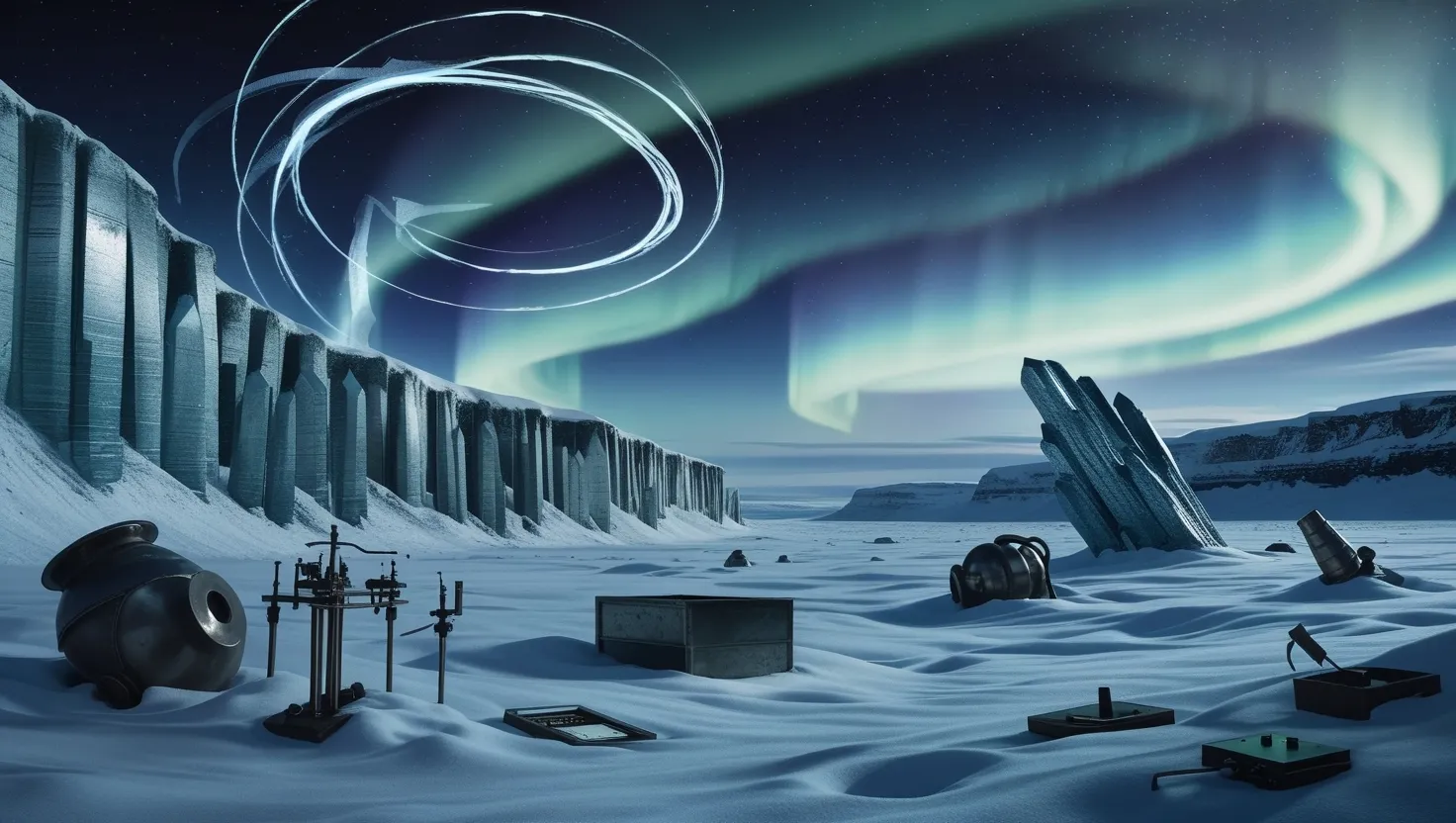Siberian Time Anomaly: Scientists Discover Mysterious Zone Where Clocks Stop Working
Discover the mysterious Valley of Death in Siberia, where time itself behaves strangely. Learn about the scientific anomalies, unexplained time distortions, and groundbreaking research in this remote location. #TimeAnomaly #Science

7 Mind-Blowing Mathematical Patterns in Nature: From Cicadas to Snowflakes (2024 Study)
Discover nature's hidden mathematical patterns, from Fibonacci sequences in sunflowers to prime numbers in cicada cycles. Learn how math shapes our natural world. Explore 7 fascinating examples.

Havana Syndrome: Inside the Medical Mystery That Shocked US Diplomats
Explore the mysterious Havana Syndrome: Learn how unexplained health issues affecting diplomats worldwide since 2016 challenge medical understanding. Discover theories, impacts, and ongoing investigations. Read now.

Satellite Archaeology: How Space Technology Reveals Ancient Lost Cities and Hidden Wonders
Discover how satellite technology uncovers ancient civilizations worldwide. From hidden pyramids in Egypt to lost cities in Peru, explore groundbreaking archaeological finds from space. Learn more now.

Lake Michigan Triangle: Mysterious Disappearances in America's Deadly Waters
Explore the mysterious Lake Michigan Triangle - from vanishing ships to unexplained aircraft incidents. Discover the theories behind this freshwater phenomenon and its decades of documented strange events. Learn why it captivates researchers.
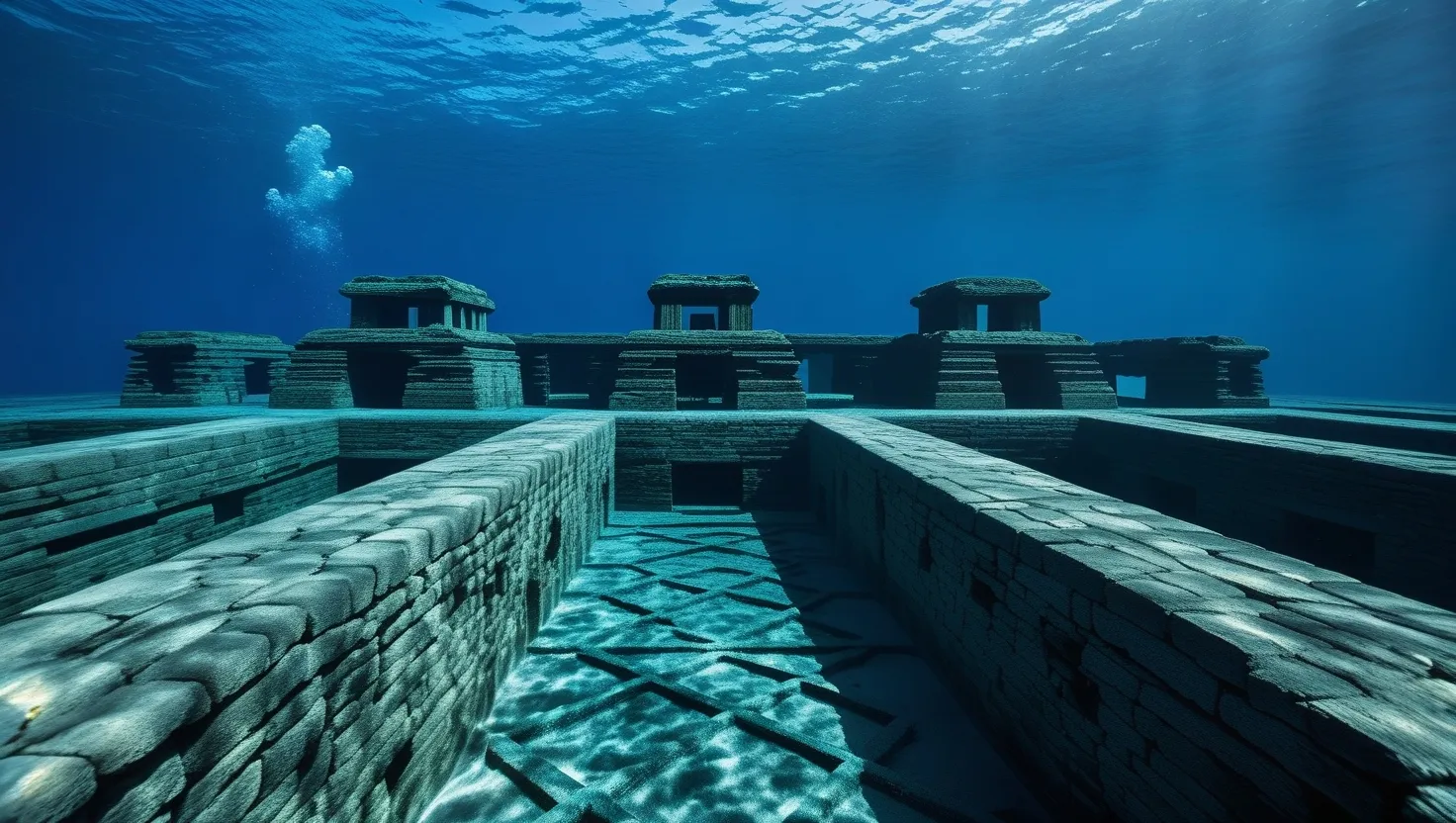
6 Mysterious Underwater Formations: Ancient Secrets Beneath the Waves
Discover 6 mysterious underwater formations that challenge scientific understanding. Explore ancient ruins, potential lost cities, and geological wonders beneath the waves. Dive into oceanic secrets now!
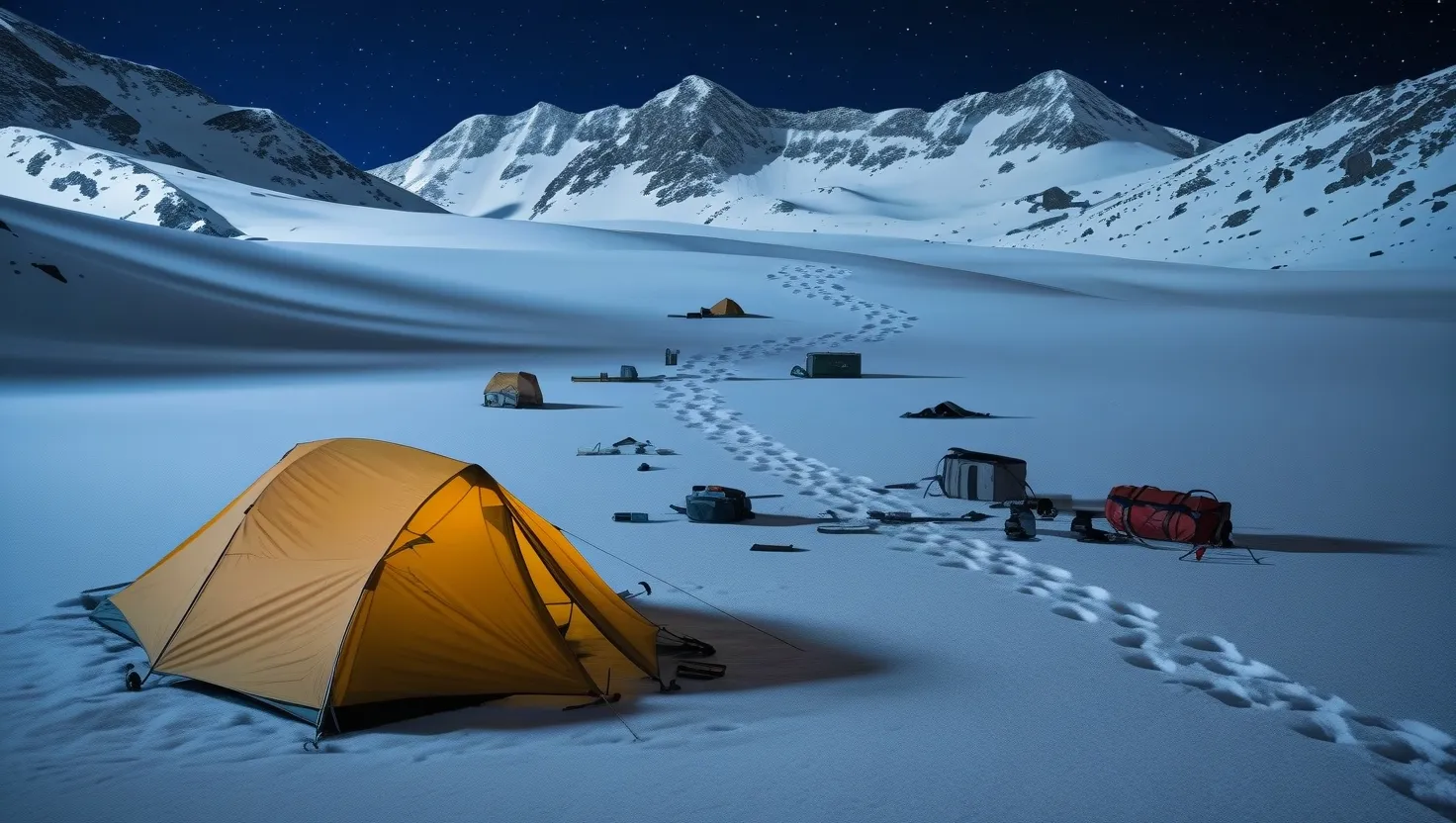
Dyatlov Pass Incident: Unraveling the Chilling Mystery of 9 Lost Hikers
Explore the chilling Dyatlov Pass Incident: 9 hikers' mysterious deaths in the Urals. Uncover theories, evidence, and unanswered questions in this enduring cold case. Delve into the unknown.

Unexplained Historical Artifacts: 8 Mysterious Relics That Challenge Our Past
Discover intriguing unexplained historical artifacts that challenge our understanding of ancient civilizations. Explore mysteries from the Baghdad Battery to the Antikythera Mechanism. Uncover hidden truths about our past.
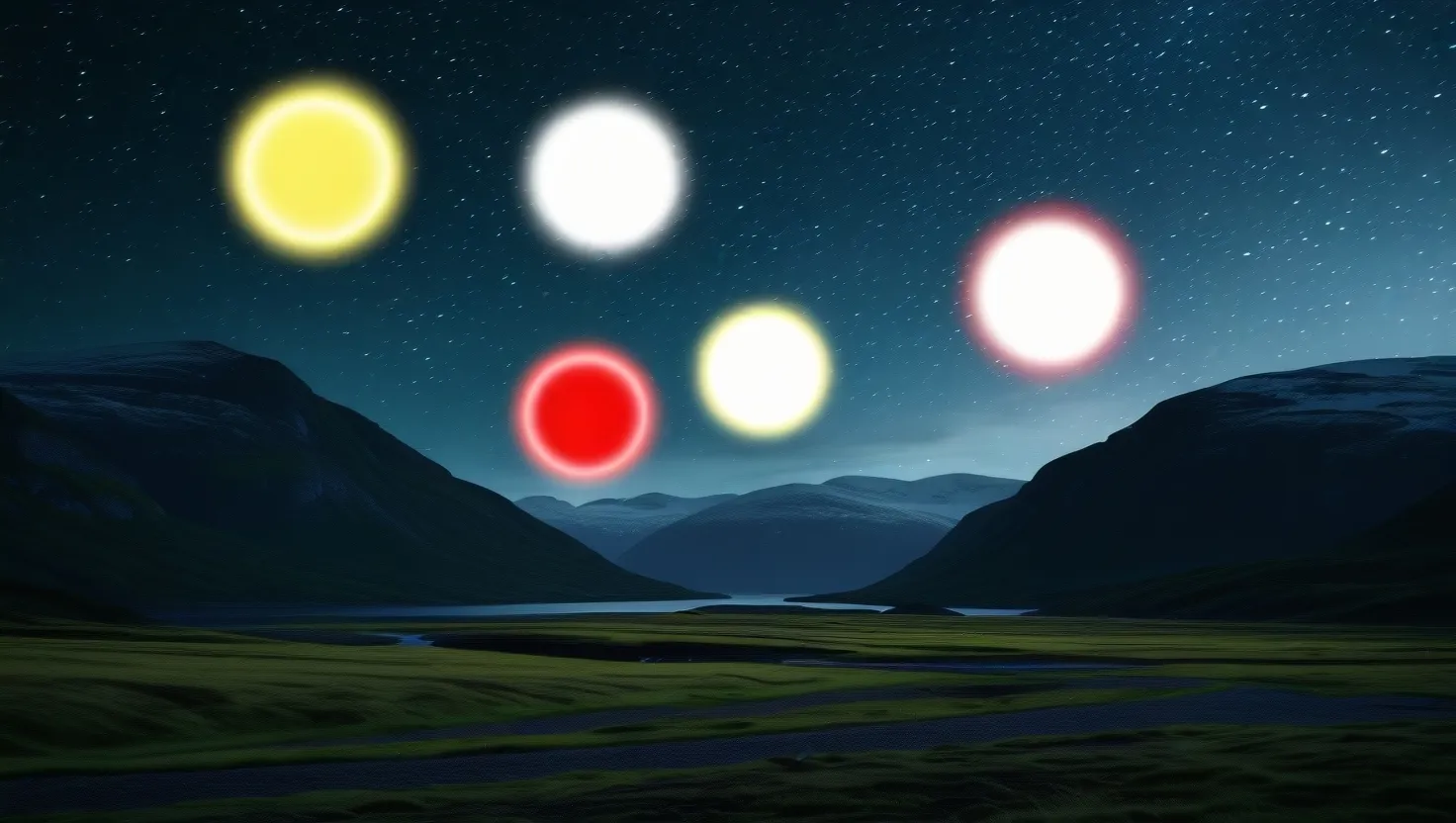
Hessdalen Lights: Norway's Mysterious Sky Phenomenon Baffles Scientists
Discover the mysterious Hessdalen Lights: Norway's unexplained phenomenon. Explore scientific theories, witness accounts, and ongoing research into these enigmatic lights. Uncover the secrets of nature's light show.

Mysterious Voices at Waverly Hills: New Evidence Challenges Science and Paranormal Beliefs
Explore the mysterious voice-like sounds at Waverly Hills Sanatorium. Discover the latest research on this paranormal phenomenon and its scientific explanations. Uncover the secrets of Louisville's haunted hospital.

Longyou Caves: Ancient Engineering Marvel Challenges Modern Understanding
Explore the enigmatic Longyou Caves: Ancient China's hidden marvel. Uncover 2,000-year-old engineering feats, theories, and enduring mysteries. Journey into human ingenuity and ancient wisdom.

7 Ancient Technologies That Still Baffle Modern Scientists: Lost Secrets Revealed
Discover 7 ancient technologies that defy modern understanding. From Damascus steel to the Antikythera mechanism, explore engineering marvels that challenge our view of history. Learn how the past shapes future innovation.
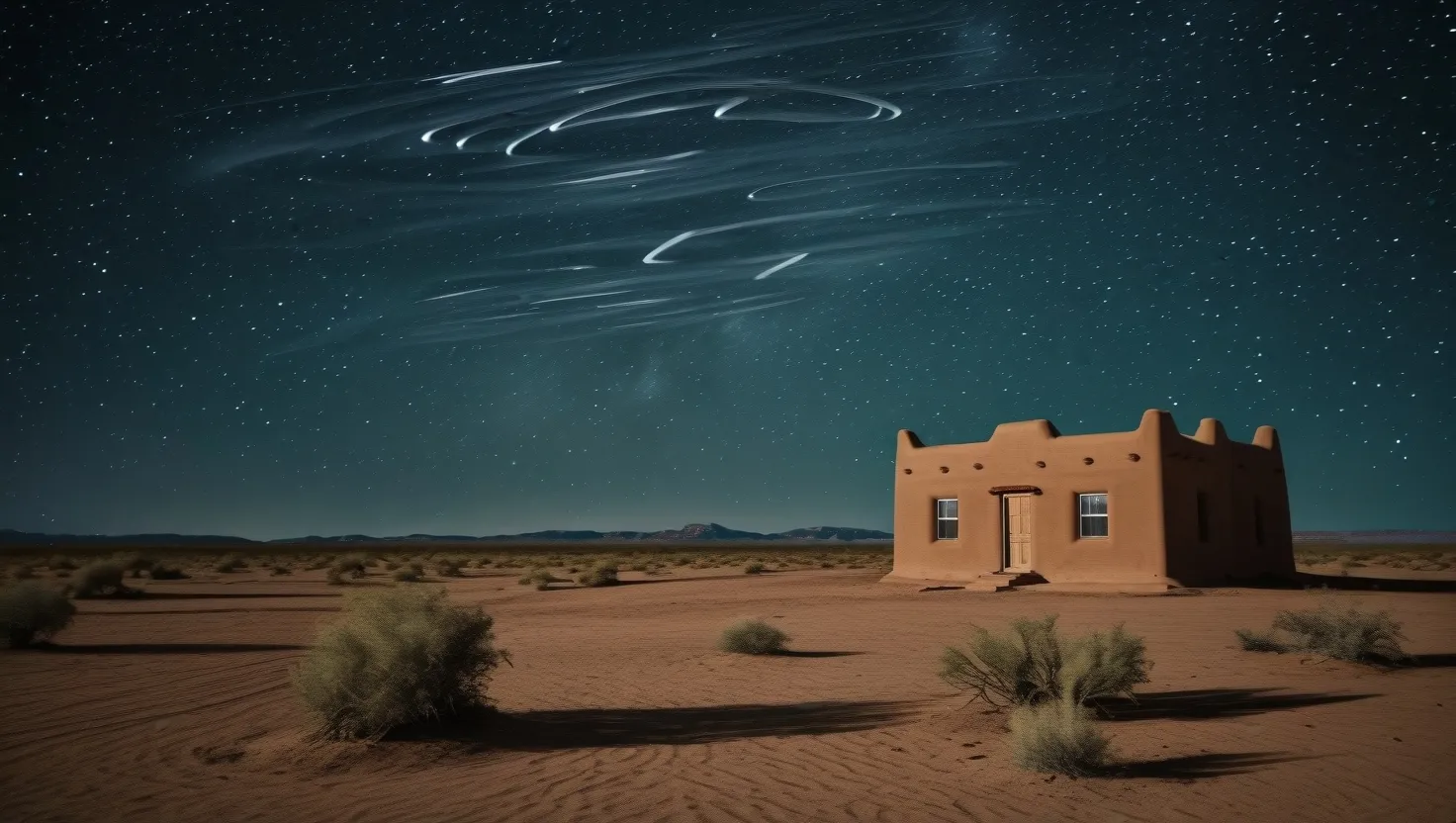
The Taos Hum: Unraveling New Mexico's Mysterious Sound Phenomenon
Explore the mysterious Taos Hum phenomenon in New Mexico. Learn about its impact on residents, theories behind its origin, and global echoes. Uncover the enigma that challenges science and perception.
